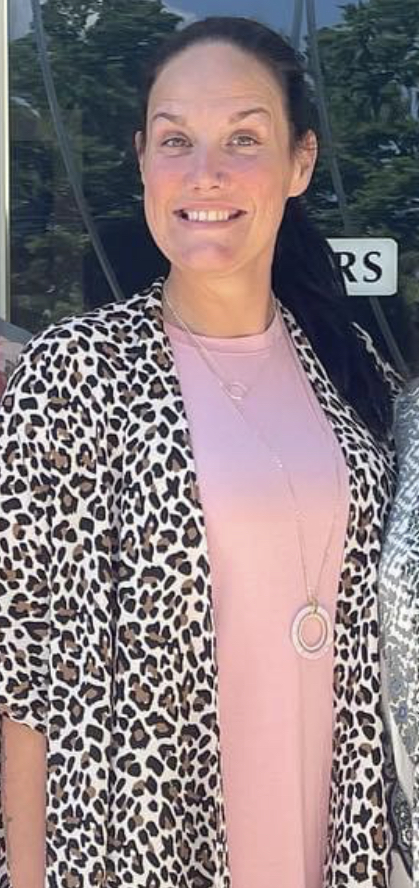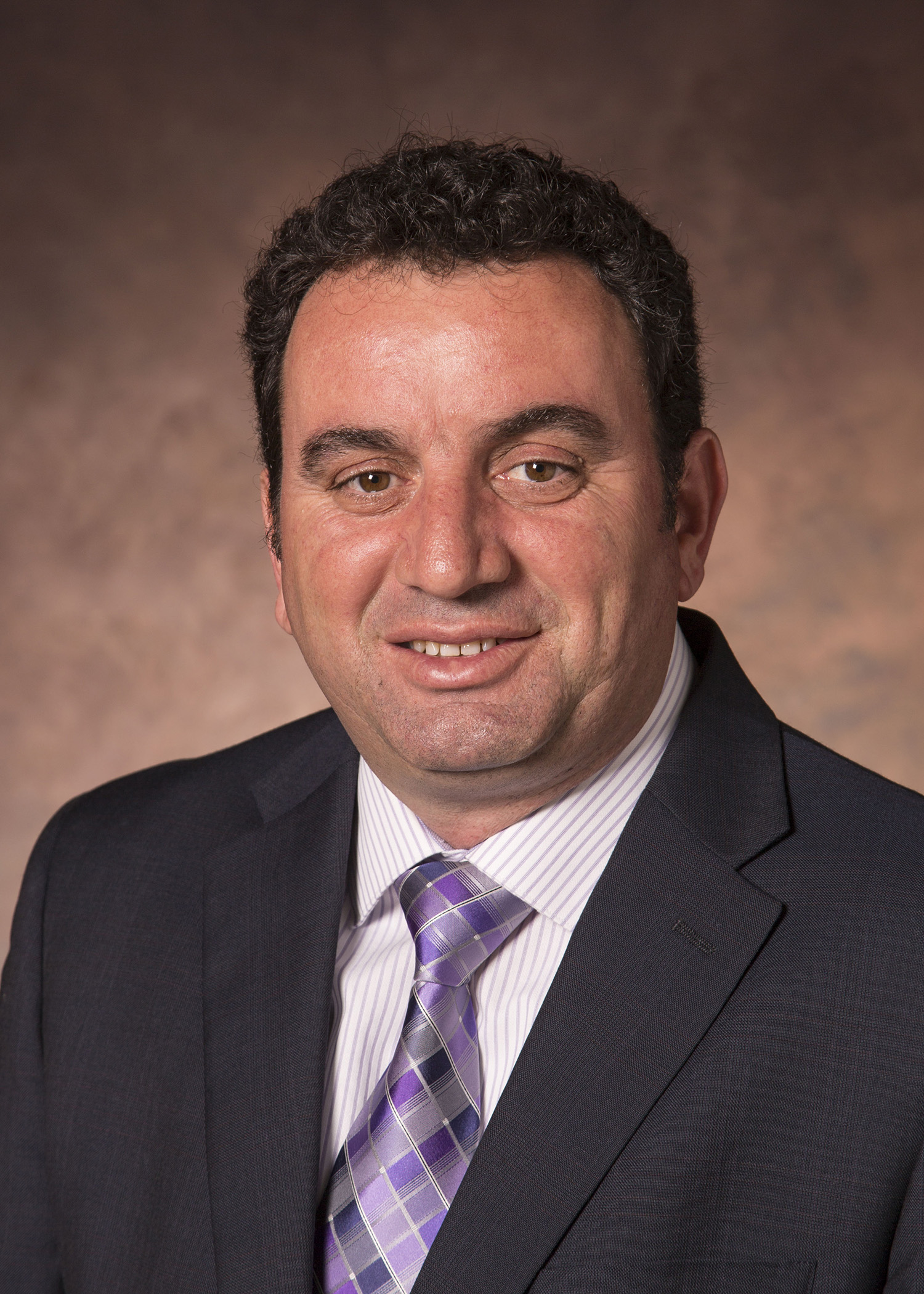Safer Homes Collaborative: Preventing firearm suicide through an unconventional collaboration of professionals
Speaker(s):
Ellison, Kathleen, MS, MA, NCC
Presentation:
Over 1,100 residents die by suicide each year in Missouri. Three out of five suicide deaths in the state involve the use of a firearm – well above national average for gun suicide. Access to firearms, particularly easy access to firearms during a period of crisis or emotional despair is a key risk factor for suicide. Yet, many individuals and organizations working in suicide prevention have been uncomfortable to address firearms, given the current social and political climate in the gun right and gun violence conversations. The Safer Homes Collaborative, a grass roots, firearm-suicide prevention initiative is embracing the challenge; bringing together gun owners, gun retailers, behavioral health professionals, medical providers, and suicide prevention advocates to the table to talk about how they all play a role in preventing. In this presentation, participants will learn about the Safer Homes Collaborative and how they’ve brought experts in firearms, suicide prevention, mental health and physical health together to work towards the shared goal of preventing firearm suicides.
Objectives:
- Define the Safer Homes Collaborative and mission to prevent firearm suicide
- Identify lethal means reductions strategies to prevent firearm suicide and the evidence behind why it works
- Describe the impact the Safer Homes Collaborative has in creating systems change through their collaborations across the state
- Ask the suicide question and ask about access to firearms.



